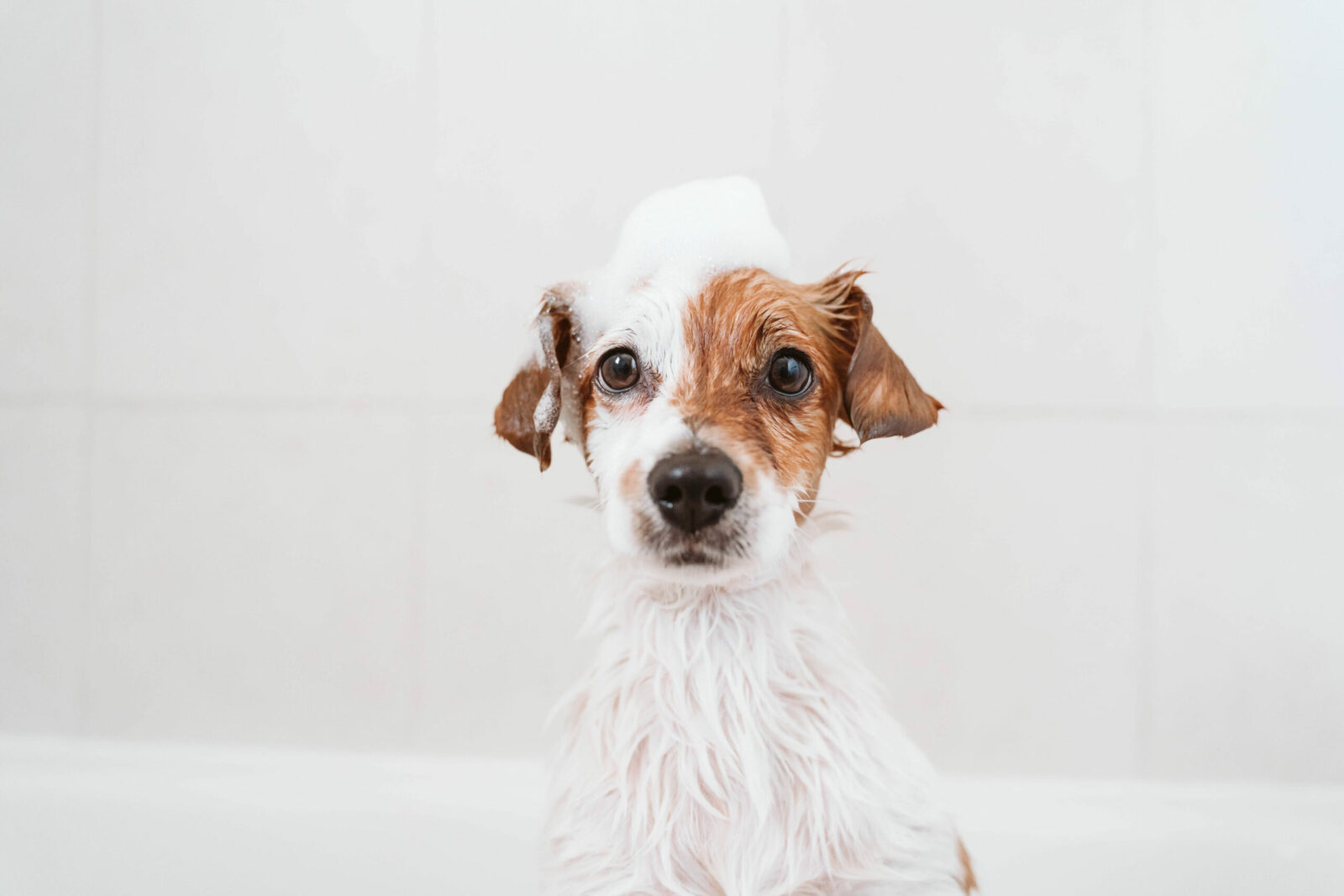Blog, Common misconceptions & FAQ's
Do carbohydrates cause yeast infection in dogs?
How many of us have heard from someone we know, or a friend of a friend that if our dog gets, or is prone to, yeast infections, we should eliminate carbohydrates from their diet?
Lots of us I’d wager.
But where did this idea come from? And more importantly, is there any truth to it?
An idea takes hold
Yeast is a type of fungus that lives in and on pretty much every animal in the world, including humans and dogs. And there are many species of yeast, each of which can and does behave differently.
Most species of yeast don’t have a negative impact on the health of animals, like your dog, but rather live in perfect harmony with them.
But some species of yeast are considered opportunistic pathogens, meaning that under favourable circumstances, they may cause various skin diseases. For dogs, the most common areas to be affected by a yeast infection are their skin and ears. And the primary culprit is a species of yeast called Malassezia, which causes the skin disease Malassezia pachydermatis. This yeast can live on your dog’s skin without causing harm, but it can and does also cause infections, leading to problems like itchiness, bad odour, redness, and scaling (dandruff).
In humans, the species of yeast that most commonly causes yeast infections is Candida albicans, and it infects and impacts on the intestines and gut.
So, what does this all have to do with carbohydrates I hear you ask – stick with me and I’ll tell you.
A different mechanism of action
Carbohydrates are essentially sugars – or at least, they get broken down into the simple sugar, glucose. Candida albicans, which causes infections in humans, loves sugars. And so, the idea is born that carbohydrates, in particular ‘sweet’ carbohydrates, feed yeast, causing a build-up of it and in turn a yeast infection.
There may be some truth to this when it comes to yeast infections in humans.
But not for dogs.
As mentioned above, the species of yeast that primarily causes infections in dogs is Malassezia. This species of yeast lives on the skin, rather than in the gut or intestines. And it feeds on fats to survive and thrive, not sugars.
All of this means that Malassezia is unaffected by the sugars – or carbohydrates – that your dog consumes. In turn, it means that the amount of carbohydrates you feed your dog will not increase their chances of getting a yeast infection or make a yeast infection that they have any worse.
The causes of yeast infections in dogs
A yeast infection and the problems associated with it generally arise because there’s a build up or overgrowth of the fungus. The cause of overgrowth can be one of a number of issues, including but not limited to an underlying health condition or food allergies. For the purposes of this blog post, we’ll focus on food allergies.
If your dog is allergic to say wheat and they get a yeast infection, it’s highly likely that removing wheat from their diet will have a positive impact on the infection. That removing this specific type of carbohydrate from their diet will help the yeast infection and resulting issues to calm down.On the other hand, if your dog is allergic to beef and in turn develops a yeast infection, removing wheat or any other type of carbohydrate from their diet won’t do anything. Instead, removing the beef will. So, the link isn’t between carbohydrates, sugars and yeast. It’s between the allergy, or rather the underlying health issue and the yeast.
All of this means that removing carbohydrates from your dog’s diet won’t do anything to stop them getting a yeast infection unless they have an underlying allergy to a specific type of carbohydrate. Carbohydrates are an essential part of your dog’s diet and so should not be eliminated entirely.
The bottom line
The species of yeast that cause infections in humans and dogs are different.
– In humans:
- Candida albicans causes yeast infections, namely in the gut.
- This species of yeast feeds off sugars in the intestines and the gut.
- In this case, removing carbohydrates – which are sugars – from a person’s diet, my help control the yeast infection
– In dogs:
- Malassezia is the species of yeast that causes infections in dogs, primarily on the skin and ears.
- This species of yeast feeds of fats on the skin – it is not associated with sugars, carbohydrates, or the gut.
- In this case, removing carbohydrates from your dog’s diet won’t of any benefit unless they have a specific allergy to a specific carbohydrate.
If you would like to learn more about the importance of including carbohydrates in your dogs diet you can read more by heading to this link.

